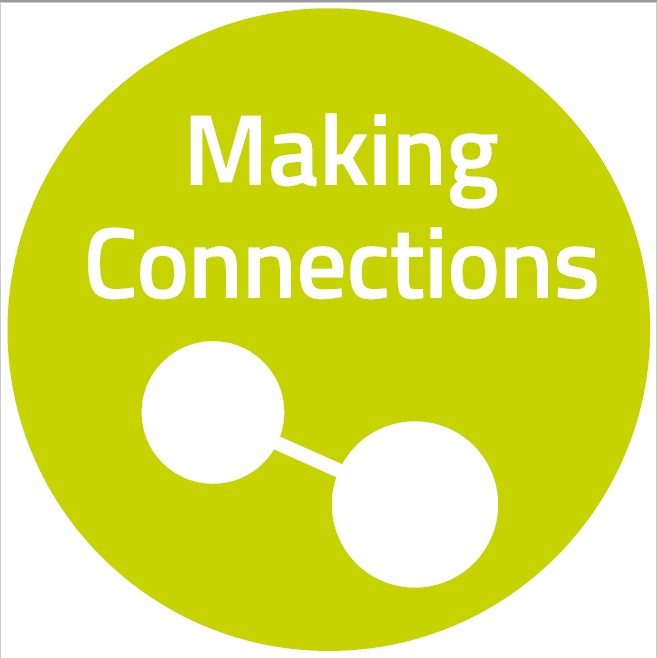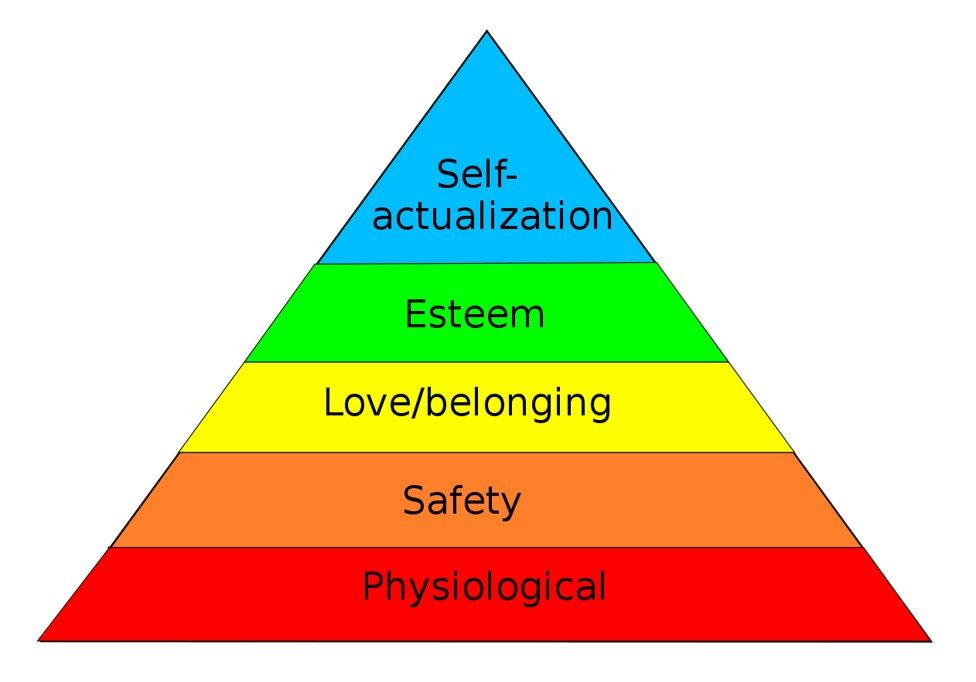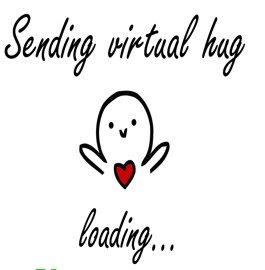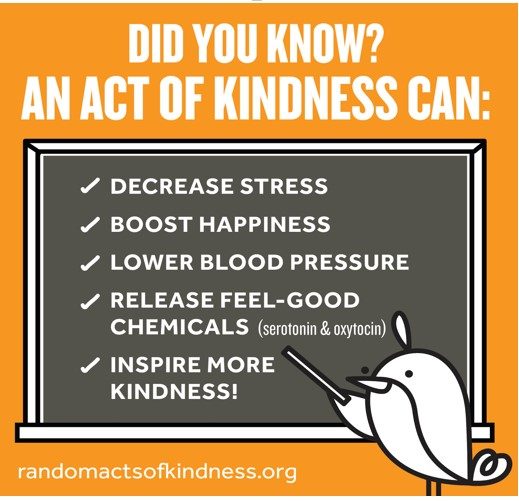
Connectedness and a sense of belonging are key to positive mental health and especially so during this period of crisis. We all need to feel safe and supported in the groups we are part of – family, friends, colleagues and community.

Maslow’s triangle of human needs puts belonging as the 3rd most important need after our basic needs are met. The first group we belong to is our family and later we become part of friendship groups, a school group a group of colleagues and a community group. Belonging to a group helps us to feel connected and included, so how can we promote connectedness and belonging in these groups when we cannot meet fact to face?
Family Connections
At home we can try to prioritise contact with family and friends through text, phone calls and video links. We can try to make contact with relatives or friends who we have lost touch with or live alone. It can be helpful to arrange times where you have a coffee or a drink together or perhaps do a quiz. It is important to be aware that video catch ups can be tiring so sometimes a phone call can be preferable! The other way of keeping in contact is to go back to writing a letter or a card. Many people including grandparents would be delighted to receive some written communication or a picture from their family. View The benefits of handwriting.
You could also find a number of ways to send your very own ‘virtual hugs’.

Colleague Connections
Again, the primary human need is to feel safe and supported. Research shows that regular quick check-ins via e-mail or text are hugely beneficial. It is also important that all members of any group are kept up to date regularly and are encouraged to keep in touch with each other. Now more than ever, people need feedback that they are valued and that their efforts are recognised. This ensures that people feel ‘held in mind’ and belong to the team. Relationships with our colleagues are often a key to our resilience and should be prioritised, especially at this time.
Teams need to be given time for both formal and informal catch ups to prevent feelings of isolation. The informal catch ups can be a chance to let off steam and have a laugh together. Both are useful in helping to maintain our positive mental health and promote cohesiveness within a team.
As we use different ways to connect it is important to be aware of some of the issues surrounding online meetings. View the article here which gives some useful tips for online working and managing ‘Zoom fatigue’
Kindness

Kindness has been chosen as the focus for mental health awareness week for good reason. Kindness does all of the things mentioned above but also creates a sense of belonging. It helps us feel less isolated from our fellow human beings and part of a community.
‘We have chosen kindness because of its singular ability to unlock our shared humanity. Kindness strengthens relationships, develops community and deepens solidarity. It is a cornerstone of our individual and collective mental health. Wisdom from every culture across history recognises that kindness is something that all human beings need to experience and practise to be fully alive.’ (Mental Health Foundation 2020)
View here a few suggestions for small acts of kindness you could carry out this week or at any time.
Here is a video of what some young people have been doing during lockdown.
Remember that being kind has a positive effect on the person in receipt of the kindness but also has a positive effect on the giver. It’s a win-win situation!
Gratitude
Like kindness, being grateful or thankful can have a positive effect on our mental health. We can be grateful for the things and people around us and we show our thanks and gratitude by clapping for the NHS, putting rainbows in our windows, providing treats for key workers. This has a positive effect on the recipients of our thanks but also helps us to feel good.
In a 2006 study, Park and Peterson found that gratitude was the personal strength that had the strongest link to life satisfaction. Another study by Jeffrey Froh et al. with teenagers found that grateful teens were less materialistic, had higher grades, used their strengths to help their community and were less depressed.
We can encourage the gratitude habit by writing a gratitude journal or making a gratitude jar perhaps. This could be done at home or at school. You may feel that you don’t have to write things down but could ‘count your blessings’ before you go to sleep.
Or you and the family could go on a ‘WOW’ walk and try and notice some things that make you say Wow! The blossom on a tree, a bird singing, a rainbow in a window.
See below instructions on how to make a gratitude jar
Saying Thank You
We can say thanks in so many ways – an e-mail, phone call, a card, a bunch of flowers. How did you feel the last time you got an e-mail or a text to say thank you? Our response to receiving or giving a ‘thank you’ triggers hormones in the brain which soothes stress and make us feel happier.
The BBC Happiness Project did an experiment to see the effect on people of being given a handwritten thank you letter. Watch the responses in this short video – warning – might bring a tear to your eye!

